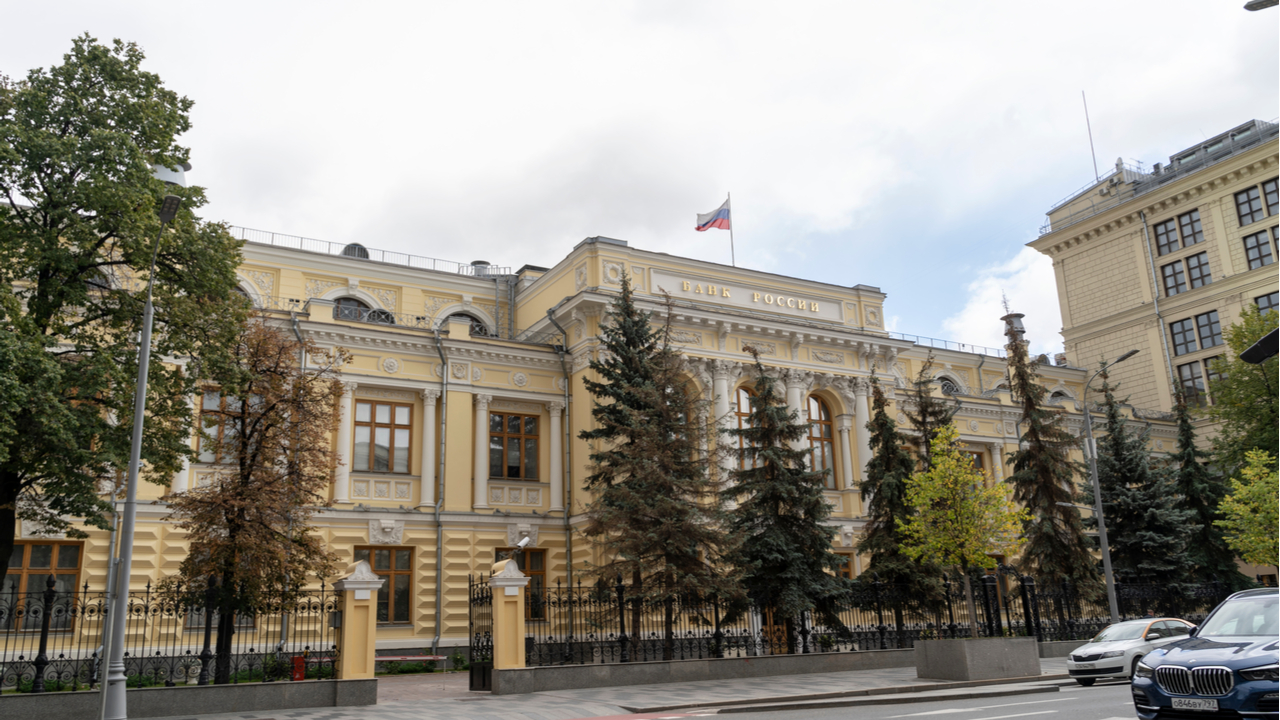
Bank of Russia has recommended commercial banks pay heightened attention to their clients’ transactions related to cryptocurrencies. The regulator requires the financial institutions to monitor such activity against the backdrop of restrictions on currency operations amid western sanctions.
Monetary Authority Urges Banks to Control Spending Linked to Crypto Assets
The Central Bank of Russia (CBR) has notified banks of the need to track certain transactions including those involving cryptocurrency. The financial regulator has sent out a letter calling on the institutions to identify “anomalies in the transactional activity” of their clients like changes in consumer and investment spending.
According to the document, quoted by Forklog, bank officials should open their eyes for unusual growth in transaction volume, withdrawals to other jurisdictions and transactions associated with digital currency. The monitoring should also cover operations by persons and entities in circumvention of foreign currency restrictions and withdrawal of assets by organizations registered in “unfriendly” countries.
“In such cases, banks are advised to conduct an in-depth check on the client, consider refusing to complete the transaction and classifying it as suspicious,” the CBR said in the notice which had been coordinated with Rosfinmonitoring, the main financial watchdog in the Russian Federation.
Bank of Russia has been a strong opponent to the ongoing efforts to legalize the crypto market in Russia, citing risks for the country’s financial stability and its citizens. In January, the monetary authority proposed a ban on a wide-range of activities such as issuing, mining and trading of cryptocurrencies. It has also previously advised banks to block cards and wallets used to transact with crypto exchanges.
Most other Russian institutions and regulators, led by the Ministry of Finance, have supported a different approach which puts an emphasis on regulation under strict oversight. In February, Minfin submitted a new draft law “On Digital Currency” which aims to legalize crypto operations through authorized Russian banks and fill other gaps in the regulatory framework established with the law “On Digital Financial Assets” last year.
The latest attempt by the CBR to curb crypto-related transactions comes despite recent statements revealing Russia’s interest in using digital currencies to restore its access to global finances, severely limited by sanctions over its military invasion of Ukraine. Western allies have taken steps to prevent Moscow from employing crypto assets to evade the restrictions.
Do you think the Central Bank of Russia can change its attitude towards cryptocurrencies amid mounting sanctions? Tell us in the comments section below.
from Bitcoin News https://ift.tt/x7QNtPn
Comments
Post a Comment